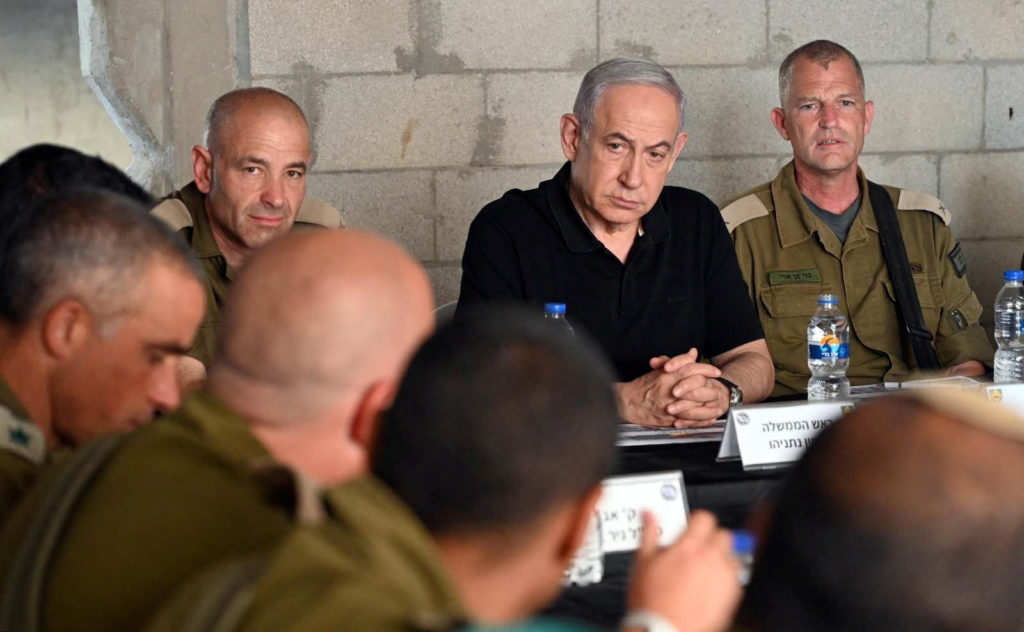Already a subscriber? Make sure to log into your account before viewing this content. You can access your account by hitting the “login” button on the top right corner. Still unable to see the content after signing in? Make sure your card on file is up-to-date.
Israeli Prime Minister Benjamin Netanyahu has announced that recent airstrikes on Iran last month targeted a critical component of Tehran’s nuclear program.
Let’s bring you up to speed: Last month, Israel launched a series of retaliatory airstrikes on Iranian military sites, targeting approximately 20 locations across regions like Ilam, Khuzestan, and Tehran. These strikes were in response to a large-scale ballistic missile attack by Iran on October 1, which Iran launched following Israeli operations that killed senior leaders of Iran-aligned groups, including Hezbollah and Hamas. In support of Israel and to deter further Iranian responses, the United States has also carried out military strikes on various Iranian-backed proxies in both Syria, Iraq, and Yemen.

What’s going on now: While speaking to the Knesset, Israeli Prime Minister Benjamin Netanyahu revealed that recent airstrikes on Iran targeted a specific component of Tehran’s nuclear program, though he refrained from providing detailed information about the element. He stated that the operation significantly disrupted Iran’s ability to produce solid fuel for long-range ballistic missiles and damaged its missile production infrastructure. Netanyahu noted that despite the strike, Iran’s nuclear programs’ “ability to operate here has not yet been thwarted.”
Netanyahu also confirmed the destruction of the remaining Russian-supplied S-300 surface-to-air missile defense batteries near Tehran, which had been an essential element of Iran’s defensive strategy for protecting critical facilities. Last month, President Biden’s Middle East adviser, Amos Hochstein, said the destruction of Iran’s S-300 missile defense systems left Iran “essentially naked” and vulnerable.

Is Iran in denial?: Iranian officials have repeatedly denied claims made by Israeli Prime Minister Benjamin Netanyahu and others regarding the airstrikes and have downplayed their significance.






